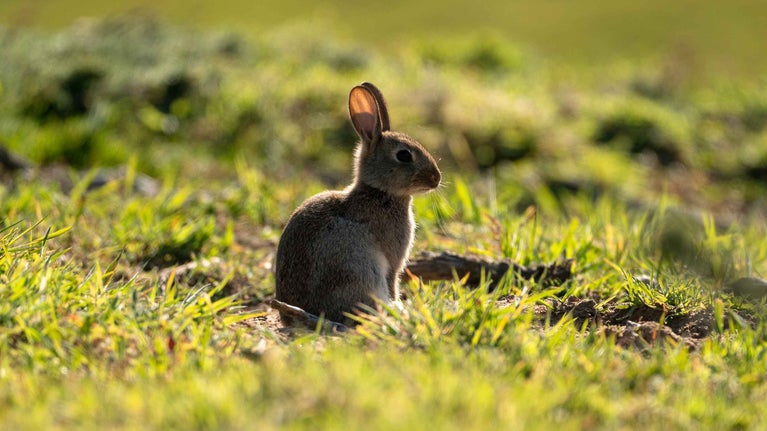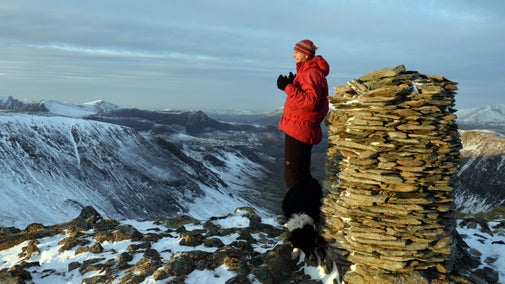
Start your journey of discovery
Delve into history, get tips from our experts, learn a new skill and go behind the scenes of your favourite places.

Get closer to nature with our guides on ancient trees, spotting wildlife and identifying birdsong. Have a go at forest bathing, rock pooling or learn about wild flowers, plus much more.
Noticing nature is good for us and the planet. If you're enjoying the new BBC series, Hamza's Hidden Wild Isles, you'll have seen wildlife cameraman and presenter, Hamza Yassin, encouraging us all to get outdoors to discover the nature around us. These guides will help you get closer to the natural world wherever you live.
Don’t let the cold weather put you off exploring winter landscapes and getting out into the crisp air. Keep warm on your next winter walk with these top tips and kit ideas.

The small actions we take for nature can help make big changes and there are lots of ways to make a difference. Find out how you can play your part with ideas to help wildlife at home and in the community.

Towns and cities are full of nature. This spotter guide will help you identify and discover some of the plants and wildlife in your street, garden or local park.

We’ve worked with walking app Go Jauntly to bring you Naturehood – a series of city walks and challenges that’ll get you closer to the nature on your doorstep. Download the app and discover 25 nature activities with a chance to earn badges. Or seek out the city trails in Manchester, Birmingham and London to explore the nature hidden in plain sight.

Whether you’re intrigued by woodland giants or want to learn more about colourful wild flowers, explore the world of trees and plants.
Holly is one of the UK's most familiar native evergreens and has decorated gardens and homes for centuries. Find out more about this versatile plant, from its pagan roots to its use in furniture.

Learn about forest bathing, a way of relaxing and slowing down the mind by immersing yourself in nature. It can help reduce blood pressure, lower stress levels and improve concentration.

Ancient trees are links to our past, they're species-rich habitats that support countless other organisms. Find out what makes a tree ancient and how to recognise them.

Learn how to identify trees from their leaves, bark and shape, how to tell similar species apart and how they change as they get older.

There’s such a range of wildlife to discover wherever you are. Learn more about what you can spot this season and the places that wildlife calls home.
Discover more about the winter hibernation habits of the UK’s native butterfly species, where you can find them, and how you can lend a helping hand.

Take a look at our guidelines for responsible seal spotting and top tips for seal watching.

The places we look after are home to every kind of bat that lives in the UK. Use our handy guide to identify different species and find out where to spot them.

Find out how the changing seasons affect the birds you’ll see out and about, with spotting tips and photo galleries to guide you.

Discover pockets of ocean life in a rock pool, learn how to identify common fossils at the coast or even record your favourite coastal sounds.
Do you know your ammonites from your devil’s toenails? Discover how to identify some of the fossils commonly found around the UK coast and where you might see them.

Every year, thousands of puffins come to the places in our care to breed. Discover more about what they eat, when they breed and the best time to see them.

As the tide goes out, the secrets of the sea are revealed in rock pools left behind. Exploring the wonders of a rock pool is no. 37 of the ‘50 things to do before you’re 11¾’.

We worked with the British Library and the National Trust for Scotland to create the UK’s first ever coastal sound map. Find out about the project and top tips for making your own recording of the sounds of our shores.


Delve into history, get tips from our experts, learn a new skill and go behind the scenes of your favourite places.